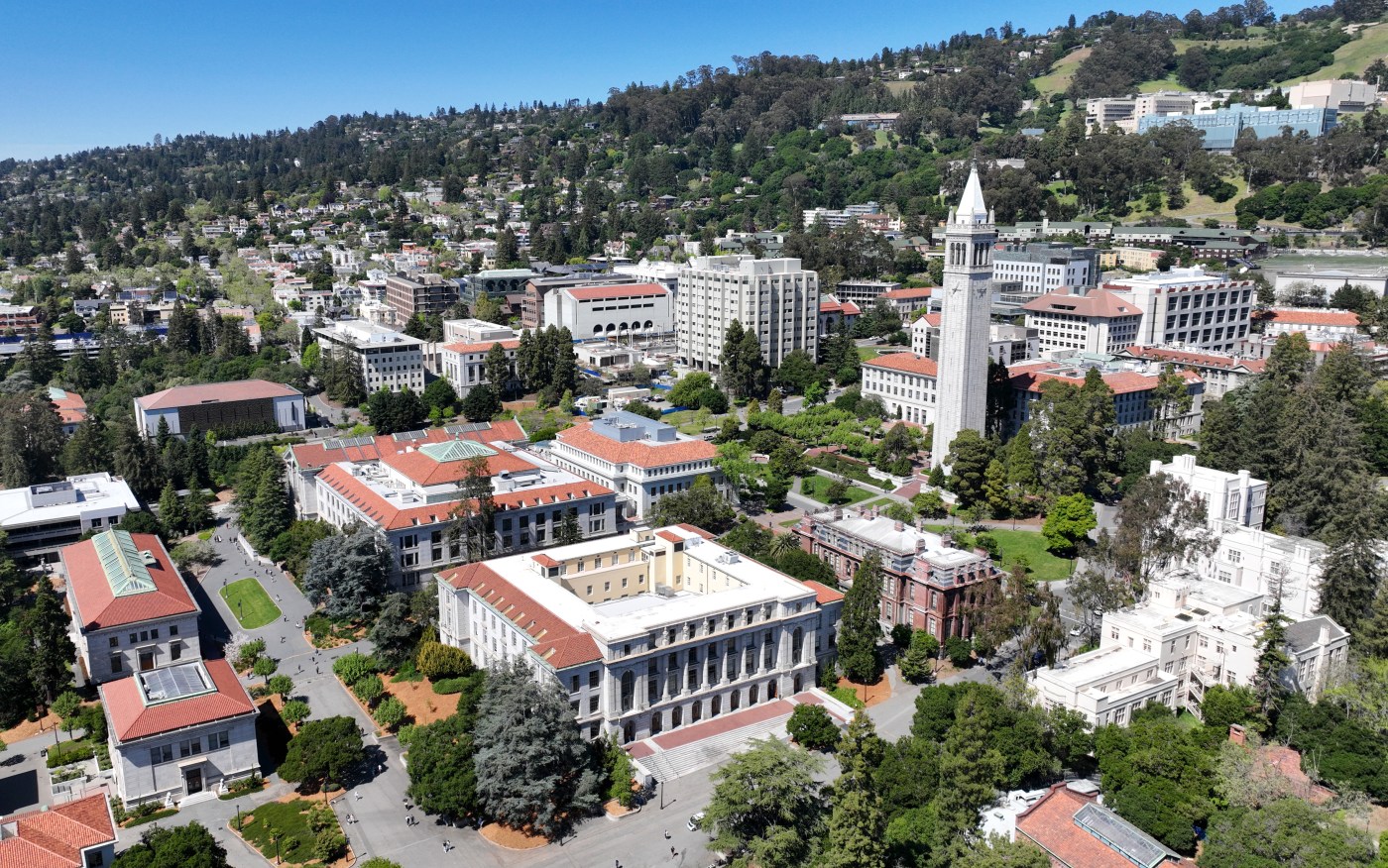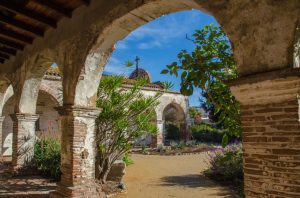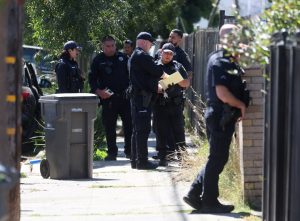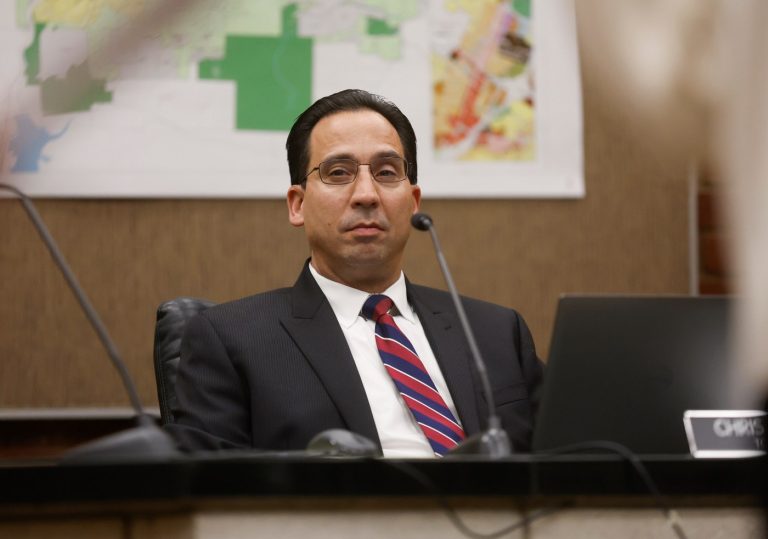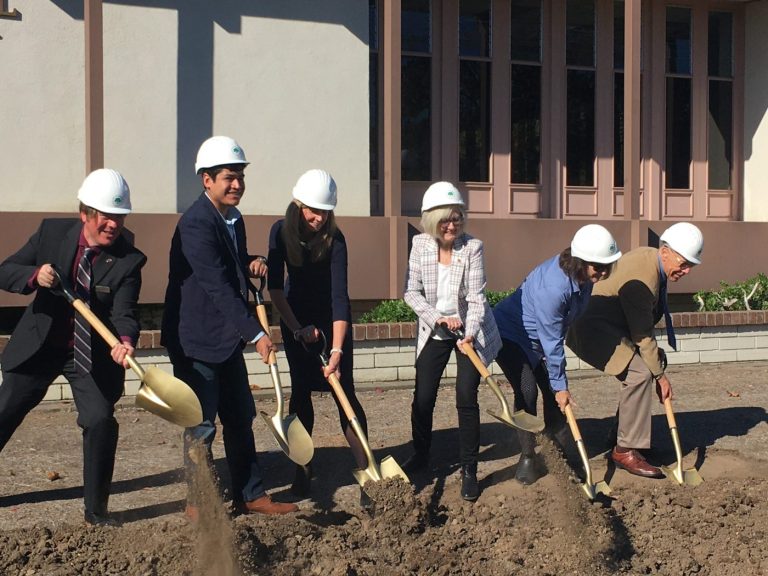The University of California at Berkeley will offer its first Palestinian and Arab Studies program this fall, just months after protests and tensions erupted on campus in the spring over the war between Israel and Hamas in Gaza.
University officials said the need for the program has been “long felt” and was not in response to students’ pro-Palestinian protests that interrupted graduation, led to clashes with police and resulted in several students’ arrests. Officials said the new multi-million-dollar program has been in the works for over two years and was made possible by donors, whom the university wouldn’t identify.
“At a time when understanding the complexities of the Middle East is more crucial than ever, this gift allows the social sciences to take a leading role in fostering critical scholarship and dialogue,” said Raka Ray, the university’s dean of social sciences. “It’s an opportunity for us to deepen our commitment to outstanding scholarship, to explore important but neglected fields of study and to build inclusive education.”
The university’s Helen Diller Institute, which offers programs and lectures on Israel studies and Jewish issues, was founded in 2011. Earlier this year, the institute added a minor in Israel studies for UC Berkeley students.
The Palestinian and Arab Studies program will formally start in November with an inaugural conference on Nov. 12 and 13, at which leading scholars from around the world will meet to discuss how best to teach and learn about Palestinian and Arab history, politics and society.
UC Berkeley’s new program is one of a few in the nation to focus on Palestinian history. Columbia University started the first-of-its-kind Center for Palestine Studies in 2010. Brown University created a Palestine studies research initiative in the university’s Center for Middle East Studies in 2012.
The university said $3.25 million in donor contributions and years of planning has led to the program’s start this year. UC Berkeley also has pledged half a million dollars to support the program’s creation of student activities, undergraduate scholarships and conferences.
Ussama Makdisi, a Middle East history professor at the university, will chair the new Palestinian and Arab Studies program, named after the Palestinian-Lebanese writer, poet and feminist May Ziadeh. Makdisi will be responsible for providing Berkeley students opportunities to discuss and learn about Palestinian and Arab history, culture, politics and society.
“There’s no question that interest in Palestinian history, in the Palestinian story, has grown, especially after last year,” Makdisi said. “People are awakening to the idea that this is a people with history.”
The university said the program, which is still being developed, will fund research opportunities and cultural activities in Palestinian and Arab studies, as well as explore the possibility of offering a minor to students.
Makdisi said this is a “landmark moment” for the university and an opportunity to educate students and the university’s community about Palestinians, who he said are often reduced to a one-dimensional stereotype.
“Palestinian history has been sort of overlooked, oftentimes denied,” Makdisi said. “This is a real opportunity to educate ourselves about the beauty, history, complexity and pluralism of Palestinian history. They, like every other people, have history, and they deserve to have their stories told.”
